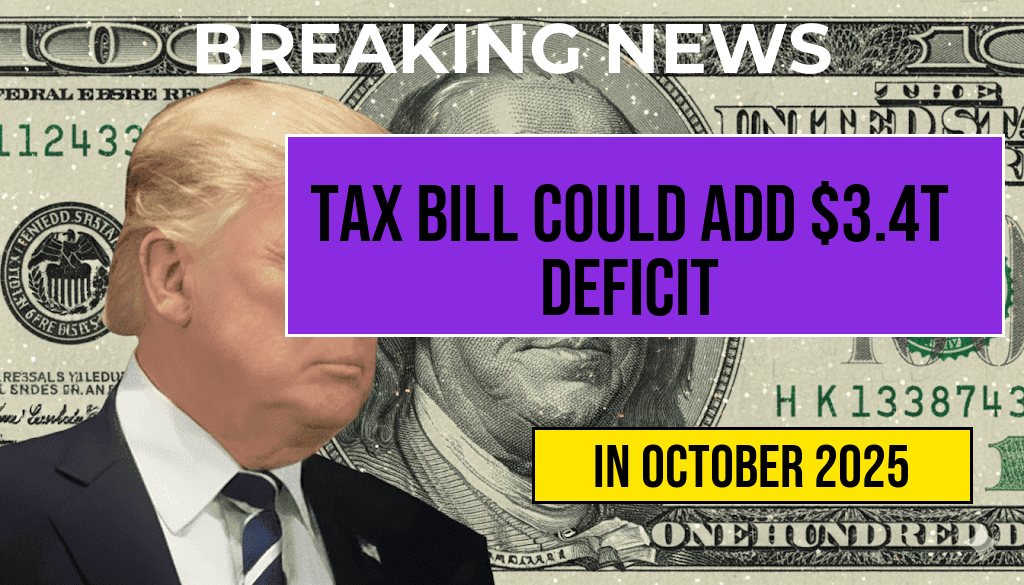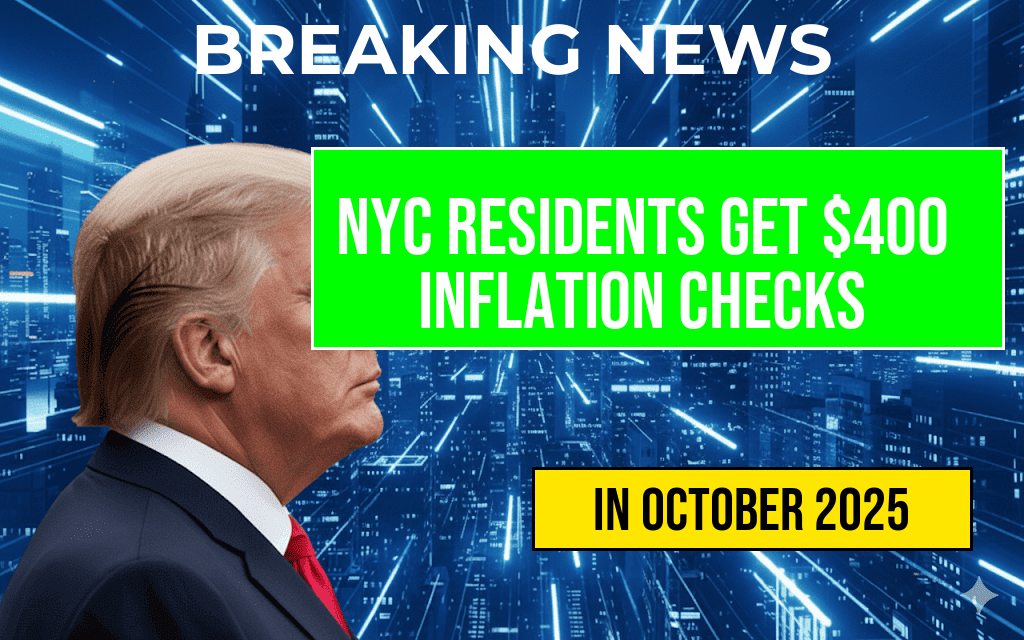Under recent tax reforms enacted by Congress, the wealthiest Americans in the top 1% are projected to see an average net income increase of approximately $5,000 in the upcoming year. This shift stems from a combination of revised tax brackets, adjustments to capital gains taxes, and new deductions aimed at high-net-worth individuals. While proponents argue that these changes promote economic growth and provide relief for successful entrepreneurs and investors, critics warn that such benefits may deepen income inequality. The reforms, which took effect at the start of the fiscal year, are part of a broader effort to recalibrate the tax code and generate revenue to fund various government initiatives. As millions of Americans continue to navigate economic recovery, the financial implications for the nation’s wealthiest highlight ongoing debates over fairness and fiscal policy.
Details of the Tax Reforms and Their Impact on the Wealthiest Americans
Key Provisions of the New Tax Legislation
- Adjustment of Capital Gains Taxes: The reforms introduced a tiered structure that reduces capital gains taxes for high-income earners, particularly those in the top 1%, effectively lowering the rate from 20% to 15% for certain income brackets.
- Enhanced Deductions for Investment Income: Wealthy individuals can now claim increased deductions related to investment portfolios, which amplifies their after-tax income.
- Revised Tax Brackets: The uppermost income brackets experienced slight reductions, allowing the richest Americans to retain a larger portion of their earnings.
- Increased Estate and Gift Tax Exemptions: The reforms raised estate tax exemptions, enabling wealthy families to transfer assets across generations with diminished tax burdens.
Projected Financial Gains for Top 1%
| Income Bracket | Average Pre-Tax Income | Projected Increase | New Estimated Income |
|---|---|---|---|
| $1 million and above | $1.2 million | $5,000 | $1,205,000 |
| $10 million and above | $15 million | $7,500 | $15,007,500 |
Economic Rationale and Criticisms
Supporters of the reforms argue that reducing taxes on capital gains and investment income incentivizes the wealthy to reinvest in businesses, foster innovation, and create jobs. They point to data suggesting that higher after-tax returns for high-net-worth individuals could stimulate economic activity and contribute to broader growth.
However, opponents contend that these tax cuts predominantly benefit the already affluent, exacerbating income disparities. Critics emphasize that such policies may lead to reduced government revenue, potentially impacting funding for public services like education and infrastructure. According to analyses from economic think tanks, the top 1% already control a significant share of the nation’s wealth, and further tax advantages could intensify wealth concentration.
Broader Context and Future Outlook
The recent reforms reflect ongoing debates over tax fairness and economic policy priorities. While the legislation aims to balance fiscal responsibility with incentives for investment, questions persist about its long-term implications for income inequality and social mobility. Federal agencies and watchdog organizations are closely monitoring the effects of these changes over the coming years, with some calling for adjustments to ensure a more equitable distribution of tax burdens.
As the political landscape evolves, further legislative proposals may seek to either broaden tax relief or introduce measures to address wealth disparities. For now, the projected income gains for the top 1% underscore the tangible benefits that recent tax policy adjustments confer upon America’s wealthiest households.
For more on current tax policies and their economic impacts, see Wikipedia’s overview of U.S. tax policy and Forbes’ coverage of wealth and tax issues.
Frequently Asked Questions
What is the main focus of the article regarding the wealthiest Americans?
The article discusses how the wealthiest Americans in the Top 1% are expected to see a net income increase of $5,000 as a result of recent tax reforms.
How will the recent tax reforms impact the top 1% of earners?
The tax reforms are projected to provide the wealthiest Americans with an average additional net income of $5,000, potentially increasing their overall wealth.
What specific income increase are the top 1% expected to experience?
The top 1% are anticipated to see a $5,000 increase in net income due to changes in tax policies designed to favor higher-income earners.
Are there any broader economic implications mentioned in the article?
While the article primarily focuses on the income gains for the wealthy, it suggests that such tax reforms could influence economic inequality and consumer spending.
Does the article discuss how these changes might affect average Americans?
The article mainly highlights the income increase for the top 1% and does not detail direct effects on average Americans, though it implies potential impacts on economic disparity.






